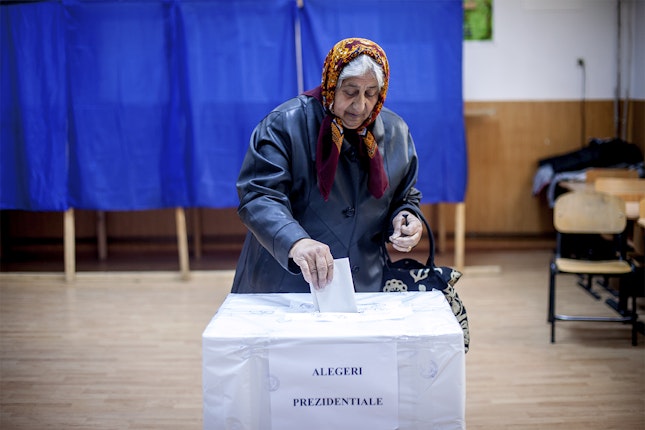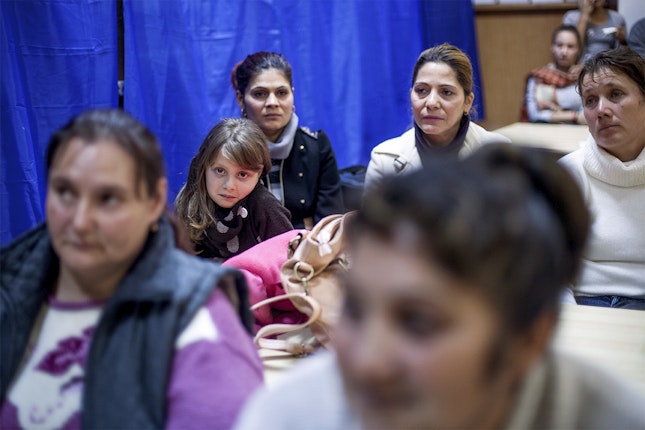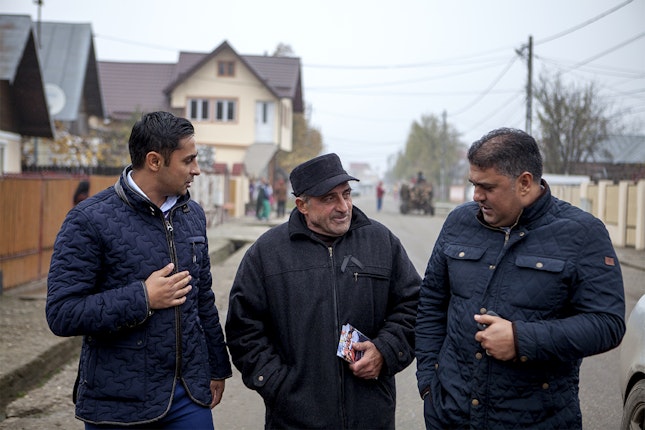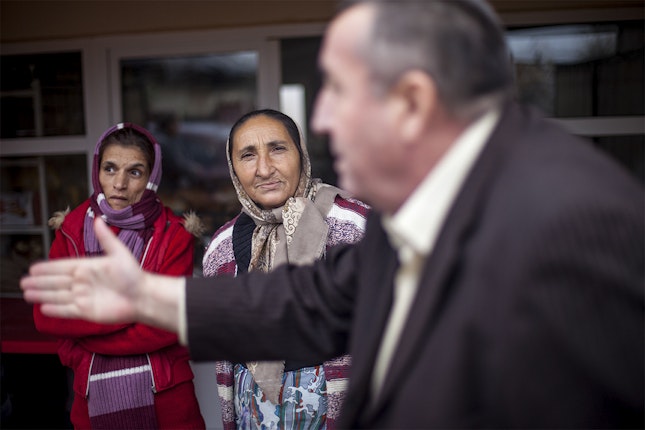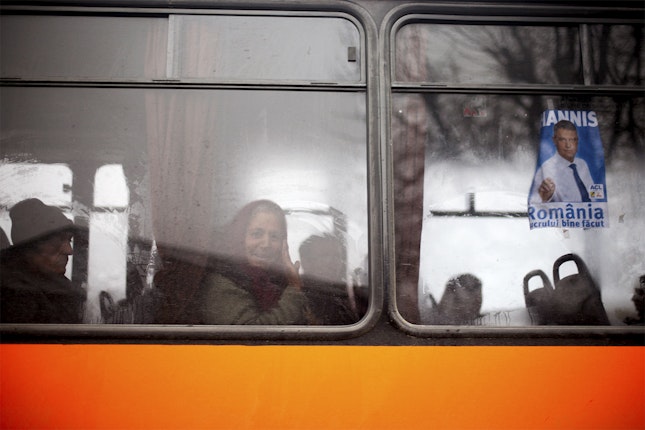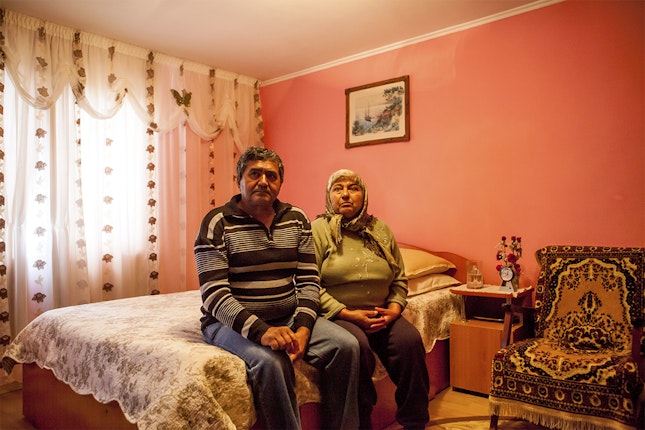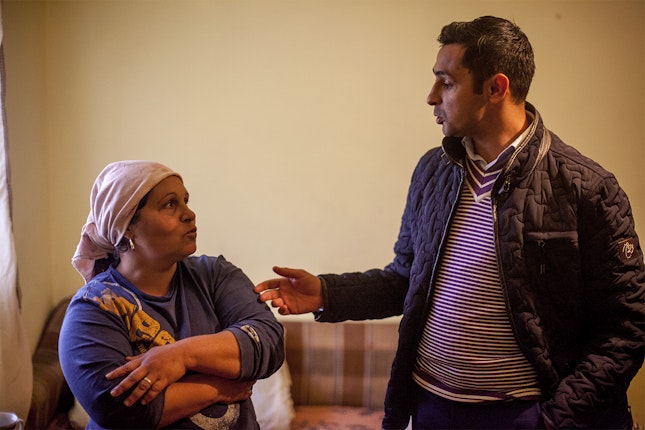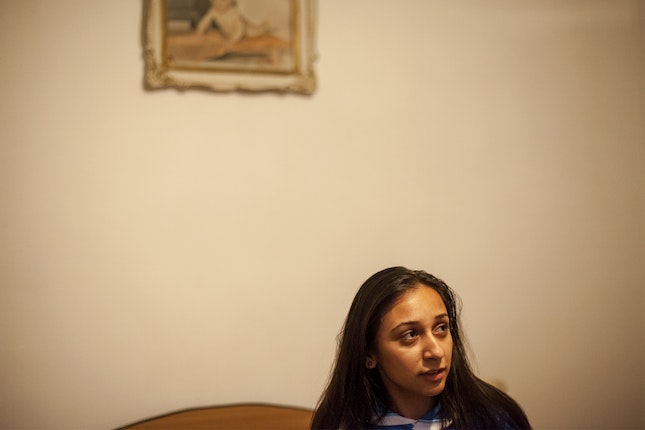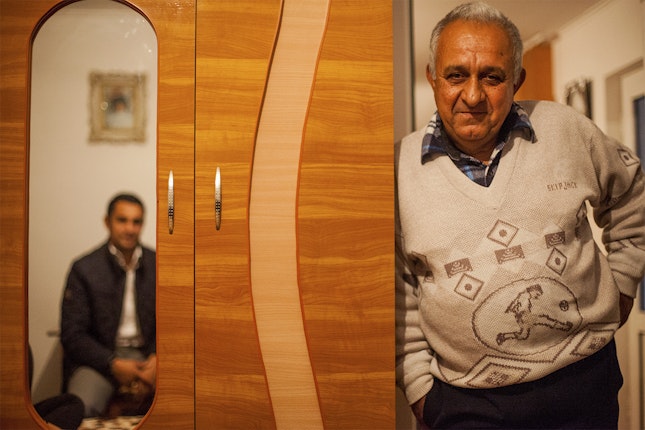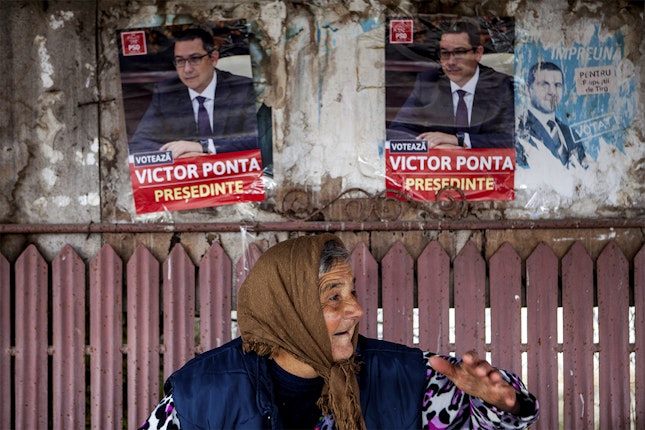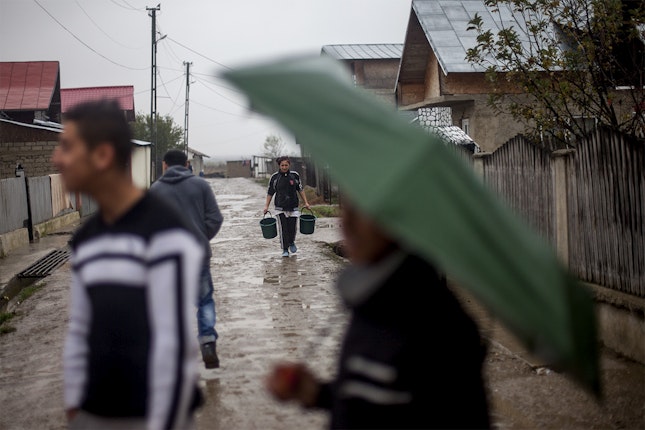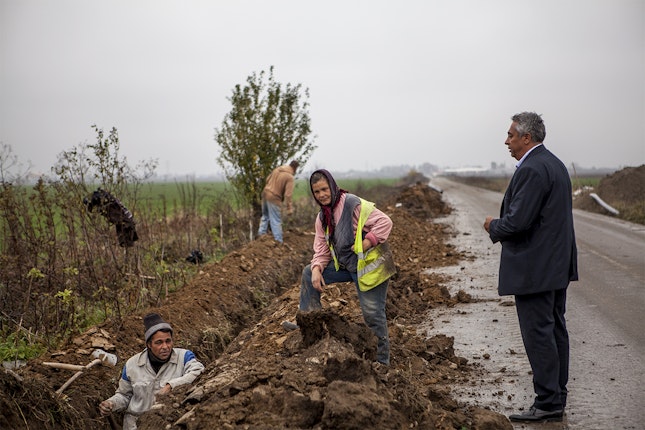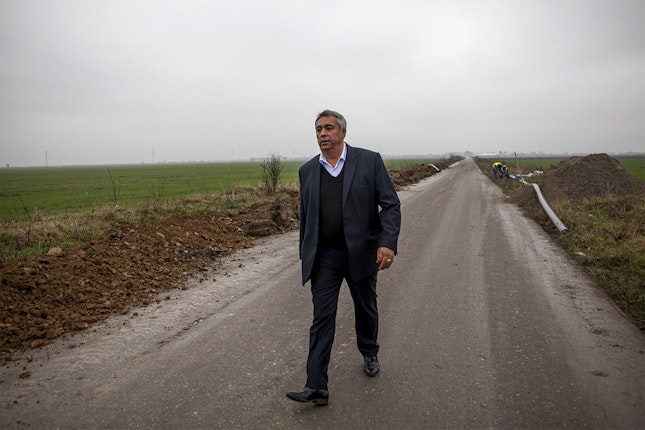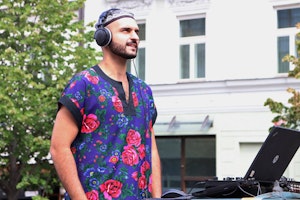How Getting Involved in Politics Transformed One Roma Village’s Future
By Marian Daragiu & Marius Tudor
In today’s Romania, Roma are vastly under-represented politically, and many have come to find themselves divorced from democracy, something that has only deepened the community’s troubles. The story of Filipeştii de Târg shows how this kind of systematic disenfranchisement can hold back a people—and how those determined to break free of this can change their trajectory for generations to come.
Filipeştii de Târg is a commune of 7,700 residents nestled among the fairytale towns and forested hills of Prahova County, Romania. The commune is composed of three villages: Brătăşanca, Filipeştii de Târg, and Mărginenii de Jos. Thirty-five percent of its people are Roma, and with few exceptions they all live in the village of Mărginenii de Jos.
Despite the fact that more than a third of its population is Roma, until two decades ago Mărginenii de Jos had never elected a Roma person as local councilor. That changed in 1996, when a young petrol engineer named Gheorghe Tudor (father of Marius, one of the authors) was voted into office—the sole Roma among 14 other non-Roma councilors.
Almost immediately, Tudor began working to close the gap that separated the disadvantaged Roma population and their more prosperous non-Roma neighbors. He brought Roma needs to the attention of the local council, convincing them to allocate money for better infrastructure, social services, and economic opportunities in Roma areas. And he explained to his fellow Roma the inner-workings of local government, convincing them that by electing members of their own ethnic group to office, government could be leveraged to their benefit.
His constituents heard what he had to say and, in the next election four years later, voted Tudor up to county councilor, a position that affords more possibility to bring positive change for the Roma community. Once there, the former engineer achieved one of the community’s long-standing goals: connecting the Roma citizens of Filipeştii de Targ to the rest of the commune with a three-kilometer asphalt road.
As they marveled at their new paved thoroughfare, the Roma population began to understand the importance of being politically represented, of electing your own people to positions of influence. They realized that if the road between their village and the rest of the commune could be paved, then so could the roads within their village, and they soon set to work lobbying for that cause.
Idle griping about conditions turned into clarion calls for change. Groups of local citizens began proposing specific infrastructure projects, and learning how to organize.
Since then, every electoral cycle in Filipeştii de Targ has seen Roma candidates elected to office. Today, the commune has no less than six Roma local councilors, all elected by the village of Mărginenii de Jos.
It’s because of this that the Roma population now has access to the municipal natural gas system, the electricity network, churches, a beautiful kindergarten, and renovated schools. Recent negotiations also ensured that in the next six months every citizen of Filipeştii de Targ—from all three villages, no matter their ethnic origin—will have access to potable water from the municipal water system, as well as improved roads and a community center. The city hall is already coordinating resources with public loans approved by the county council.
Today, Roma people have faith in their elected local councilors. They’ve developed a trust-based relationship between themselves and the officials that represent them. In the recent run-up to the presidential elections, the Roma community of Filipeştii de Targ and their political representatives gathered to discuss the implications of the event—a discussion that would have been unfathomable just a few years ago.
The tangible infrastructure achievements in recent years are remarkable. But perhaps even more impressive is the growth of a community that’s conscious of the way it’s perceived and its place in society. After 14 years, Gheorghe Tudor is not alone anymore. His dream of a leadership community has come true.
The Roma in Mărginenii de Jos have succeeded without EU funds and without private donors; they succeeded because of their own efforts and the power of democracy. The success of Mărginenii de Jos will not appear in a neat impact report or project assessment—this is a story of 20 years of effort, determination, and empowerment.
Marian Daragiu is a Roma sociologist, a founder of the Ruhama Foundation, and a fellow with the Open Society Roma Initiatives Office.
Marius Tudor is project manager for the Resources Center for Social Inclusion CRIS, focusing on the organization and mobilization of Roma communities.
